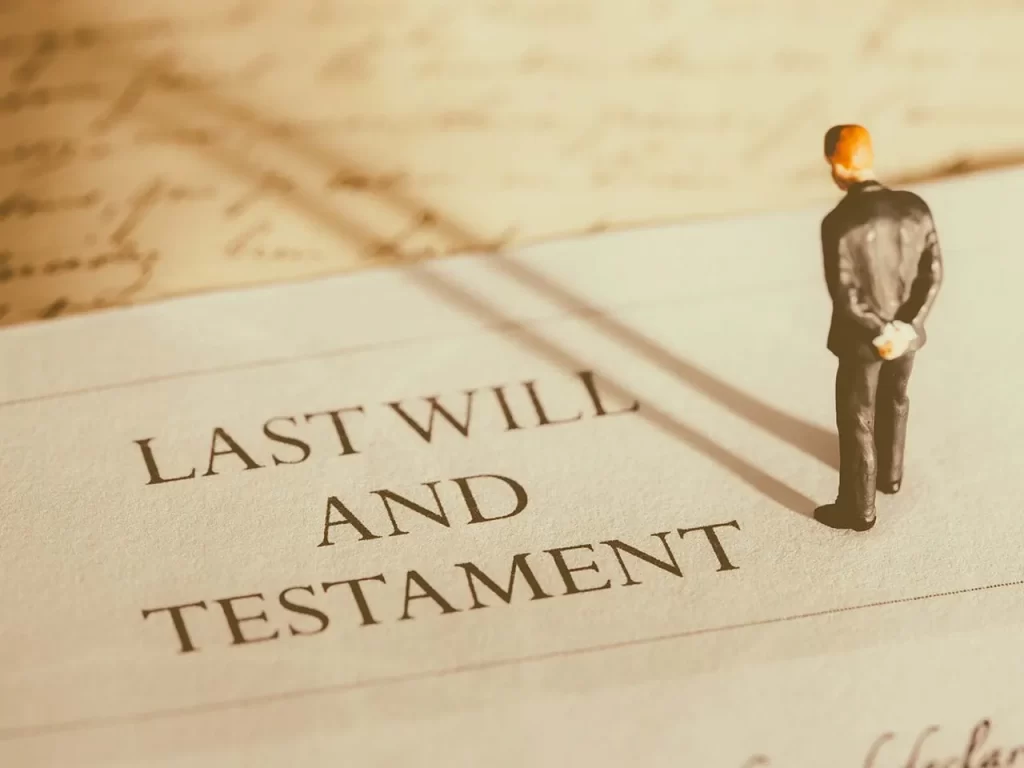
The legal contestation of a will is a time-consuming, perhaps the most demanding procedure that usually occurs when an aggrieved person feels the document does not accurately confront the deceased’s intentions or is erroneous. There are many grounds in which a will can grow defective, and it is therefore important to know ehen to contest.
These instances include;
Lack of Testamentary Capacity: Probate is a popular dispute in the cases where the testator writes heirship destiny off while not in the right state of mind. In the legal framework, testamentary capacity means the legal and mental competence of one to make the will or revise their will. The situation when the testator is diagnosed with dementia, senility or forced to do something that can be seen as unwillingness can be considered as the omission of some important points or infringement of any legal provision in the will draft. Meanwhile, if you need your will written, hire will-writing Gloucester services.
Undue Influence: Another ground in conflict is undue influence. By this, the beneficiary of the will misuses or wrongfully influences the testator to draft only in their favour. Such activities might not be limited to skewing the will of members of the family, the caregiver, or other individuals of special closeness to the deceased.
Fraud or Forgery: When the will has been influenced through fraudulent tactics, such as forgery, it can be contested on the grounds of fraud and forgery. This means that the testator intended to include those provisions in the will, perhaps by making changes behind the scenes or obtaining someone’s signature by fraudulent means.
Mistake or Lack of Knowledge: A testator can also challenge a will based on evidence, such as the fact that they did not understand correctly the will contents when signing. For instance, this may be the case if the testator did not know all the assets completely or if there were errors due to a faulty will draft. You can avoid making mistakes by hiring a skilled will writer in Cheltenham.
Ensure Testamentary Capacity: It has to be ensured that the testator can mentally make a will. It could involve an assessment of mental status by a medical professional for proof that the testator was entirely fit to create a will when doing so.
Document the Process: Keeping complete filed documents of the will-making proceedings, such as the statements of the testator and any witnesses present during the signing of the will, can be of particular use as a basis for proving the testator’s intentions and competency later on when the will is contested.

Address Potential Sources of Conflict: In case familial relationships or situations could generate strife related to the will, the best practice is to address these issues directly in the will or use other estate planning mechanisms such as trusts, to resolve the strife. Be sure to involve a professional will writer in Stroud.
Use No-Contest Clauses: Inserting a no-contest clause in the will acts as a deterrent that makes beneficiaries consider twice before challenging the will, which is spelled out as withholding the inheritance if any beneficiary contests the will.
Improper Execution: The courts usually subject the will to a rigorous process. Even if it satisfies other national laws, it should comply with those of the local laws to be valid. The court will hold such a downright act or signing on the will invalid if this is done to undermine the will or the court ruling.
Several steps can be taken to minimize the risk of a successful challenge to a will: Getting executor implications to be minimized risk or otherwise being able to successfully challenge a will such that meetings are done to minimize risk.
Work with an Experienced Attorney: Having a trusted and experienced lawyer and will writer in Tewkesburyto help develop the will gives the developers the expertise required to make the will that is more likely to go through the whole process of creating the one less prone to be challenged. The most evident role of an attorney in the process of will preparation is to assist a client with the stipulation of the will and offer advice on the proper structure that can limit the opportunity for future litigations among the beneficiaries of the final testament.
Final Thoughts
Finally, remember that it’s not an astute technique to completely eliminate the risk of a will contest. However, taking certain steps before writing the will can decrease the chances of a successful challenge and ensure everyone’s satisfaction.





